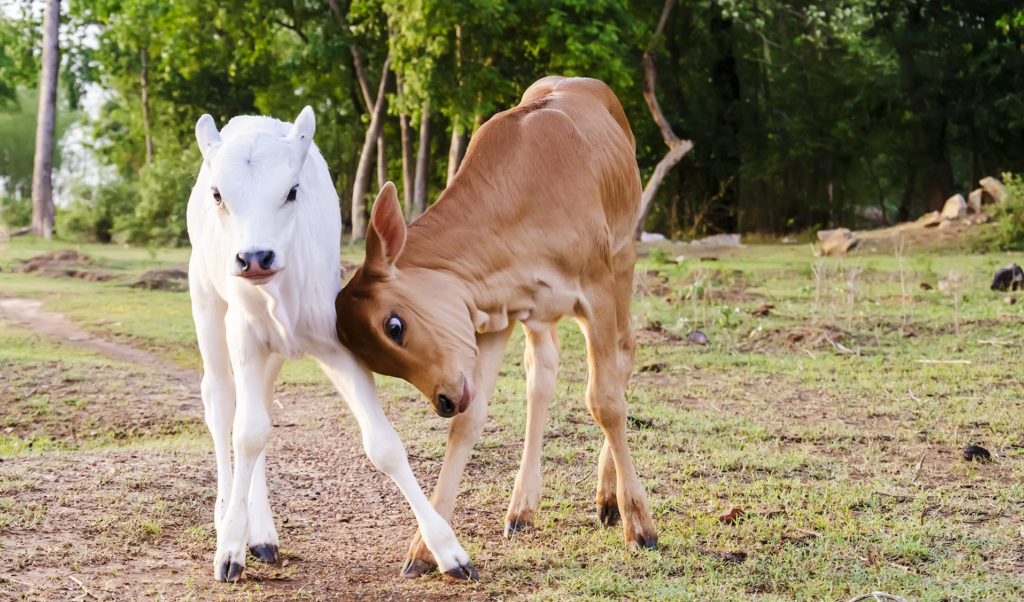Are products that “may contain traces of milk and egg” vegan?
If you’ve been eating plant-based foods for a while, you’ve already become a pro at scanning ingredient lists for hidden animal products.
But sometimes, you might come across a confusing disclaimer: “May contain traces of eggs and milk.” You double-check the ingredients, and there’s no sign of milk or eggs.

So, what’s going on with these perplexing labels, and can we still consider these foods vegan?
The truth about allergen disclaimers
While many of your favorite products are made without milk and eggs, there’s still a chance they’ve been produced in facilities that handle animal products. For most people, this isn’t an issue. But for those with severe allergies, cross-contamination can be a serious concern.
These facilities often produce both vegan and non-vegan items on the same equipment. Tiny particles of animal products can cling to surfaces and mix into plant-based foods. Meanwhile, lightweight ingredients like milk powder can become airborne and contaminate other products.

If you have a food allergy or suspect you might, these labels are crucial for avoiding potential reactions. However, if allergens aren’t a concern for you, you’re in luck: foods with these disclaimers can still be considered “plant-based” or “vegan” because animal products are not included in the recipe.
Consider your purpose
As you navigate these disclaimers, it’s helpful to remember your reasons for choosing plant-based foods. If your goal is to protect animals from cruelty, you can be confident that no additional animals were harmed in the making of that loaf of bread.

If your focus is on health, rest assured that these traces of milk or eggs are far less harmful than the animal-based foods you might have grown up eating.
So, take a deep breath. It’s not too late to pick up where you left off even if you make a mistake. It’s a plant-based journey for a reason—and your ultimate goal is still within reach.
Try Plant-based Today

